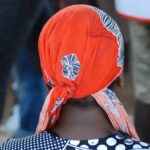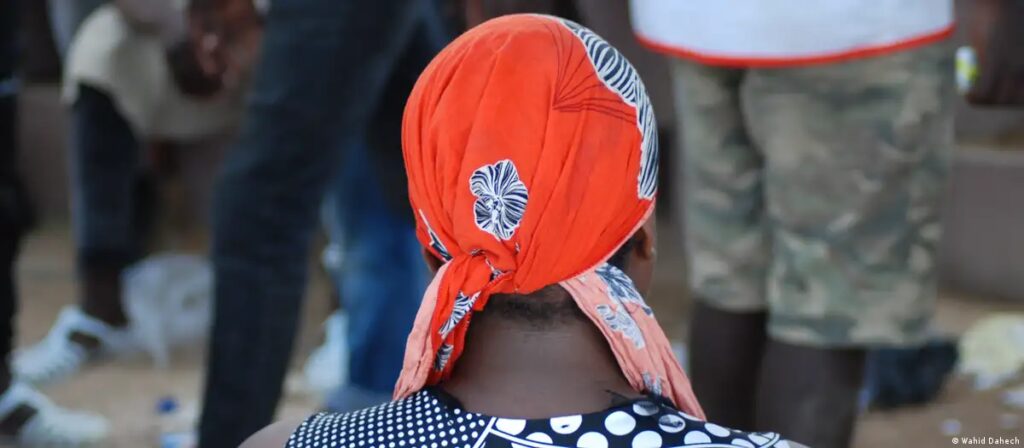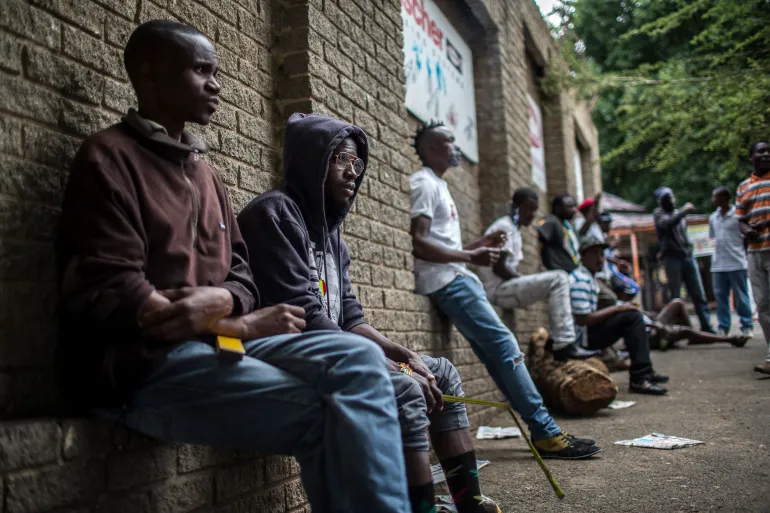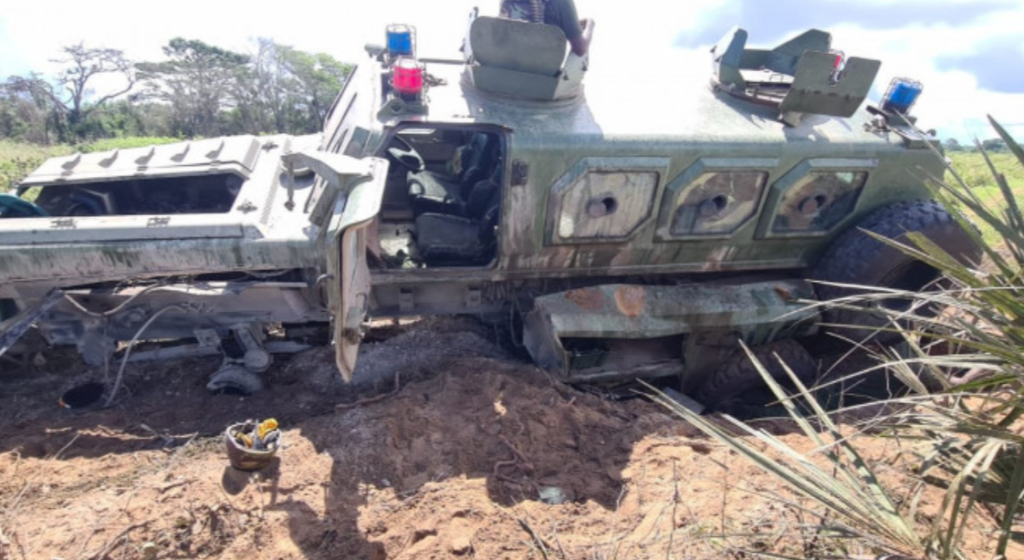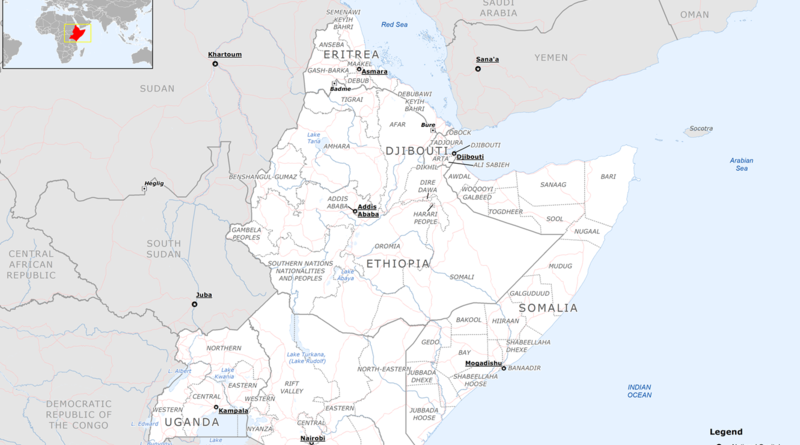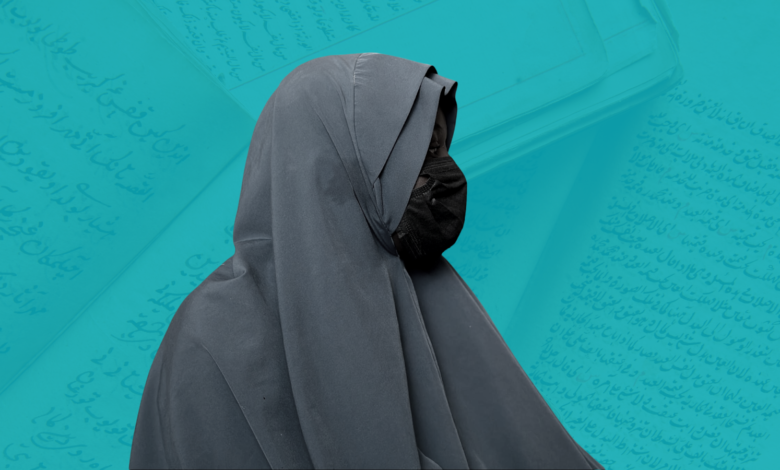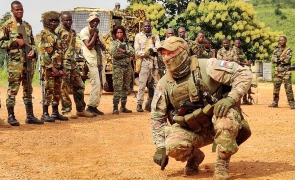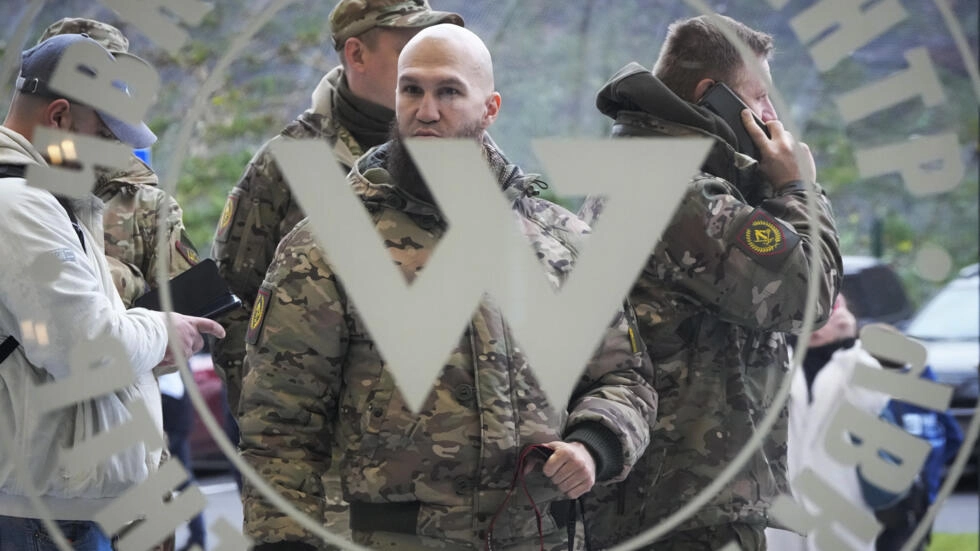How Africa Can Ensure Its Food Security – OpEd
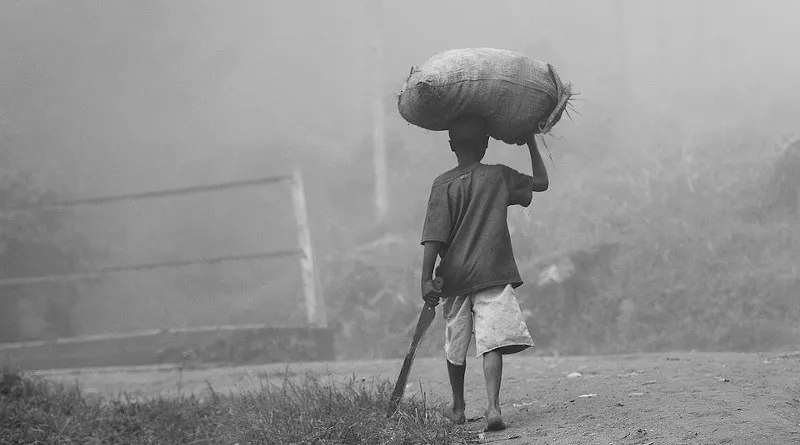
At least, African leaders gradually recognise the need to work collectively to ensure food security. Food supply has seriously been exacerbated by the Russia-Ukraine conflict, Africa’s persistent internal ethnic conflicts and a series of natural disasters. But more fascinating are the latest arguments over the interconnection between utilising resources for increasing and improving food production and taking adequate measures toward shedding import dependency.

